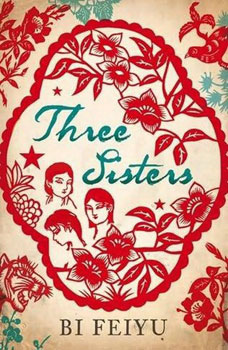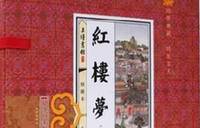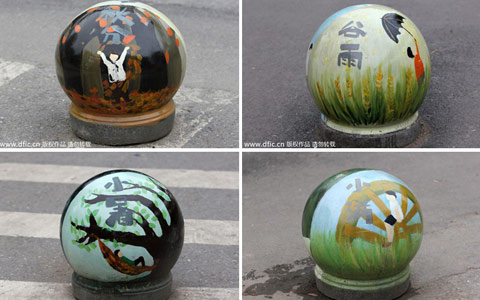Sharing stories
Updated: 2014-04-29 09:46
By Cecily Liu (China Daily)
|
||||||||
 |
|
Three Sisters, one of Bi's best-known novels, won the Man Asian Literary Prize in 2011.[Photo provided to China Daily] |
However, he also says there are shared literary memories between Chinese and Western people and that such memories bond him with other authors.
"Sometimes I go to events and meet foreign authors, and we seem to have nothing to say to each other. And suddenly someone mentions a book, or an author, and then everyone contributes to the conversation, as those topics are so familiar to every one of us."
But for him such experiences also exist outside the literary world.
In the autumn of 2011, Bi was in London for a short stay before traveling to the Edinburgh International Festival. By chance he found out that his hotel was near what was once the home of Charles Dickens, which is now a museum.
Intrigued, he decided to visit it.
"I didn't know how to get there. And my English is very poor, but what I did know is how to say Charles Dickens," Bi recalls.
On the street, Bi repeated "Charles Dickens" every time he met someone, and each person pointed him in a certain direction.
"I followed their directions, and soon I arrived at the reception desk of the Dickens Museum. It turned out that each of the directions was correct," Bi says, explaining this incident made him realize the power of shared literary memory by people from different cultural and ethnic backgrounds.
Western influence
Bi began to write in 1987, while teaching at a school in Nanjing, capital of Jiangsu province. He started by writing short stories and worked as a reporter with Nanjing Daily between 1992 and 1998.
Perhaps this experience sharpened Bi's insight into social realities and led him to write his most famous novels.
Three Sisters is a study of how the "cultural revolution" (1966-76) in China affected people's lives, and The Moon Opera examines the struggle of Peking Opera actors whose lives become intertwined with the characters they play.

 'Taken 2' grabs movie box office crown
'Taken 2' grabs movie box office crown
 Rihanna's 'Diamonds' tops UK pop chart
Rihanna's 'Diamonds' tops UK pop chart
 Fans get look at vintage Rolling Stones
Fans get look at vintage Rolling Stones
 Celebrities attend Power of Women event
Celebrities attend Power of Women event
 Ang Lee breaks 'every rule' to make unlikely new Life of Pi film
Ang Lee breaks 'every rule' to make unlikely new Life of Pi film
 Rihanna almost thrown out of nightclub
Rihanna almost thrown out of nightclub
 'Dark Knight' wins weekend box office
'Dark Knight' wins weekend box office
 'Total Recall' stars gather in Beverly Hills
'Total Recall' stars gather in Beverly Hills
Most Viewed
Editor's Picks

|

|

|

|

|

|
Today's Top News
Bill Gates urges more in China to help poor
Philippine pact gives US access to air, sea bases
US imposes sanctions on Russia
Xi named again in Time's top 100 list
Huawei executive says it still seeks US sales
It's lights out for US TV series ordered off sites
Rethinking ink in Chinese modern art
Rethinking ink
US Weekly

|

|










